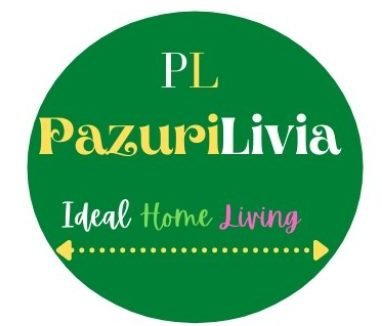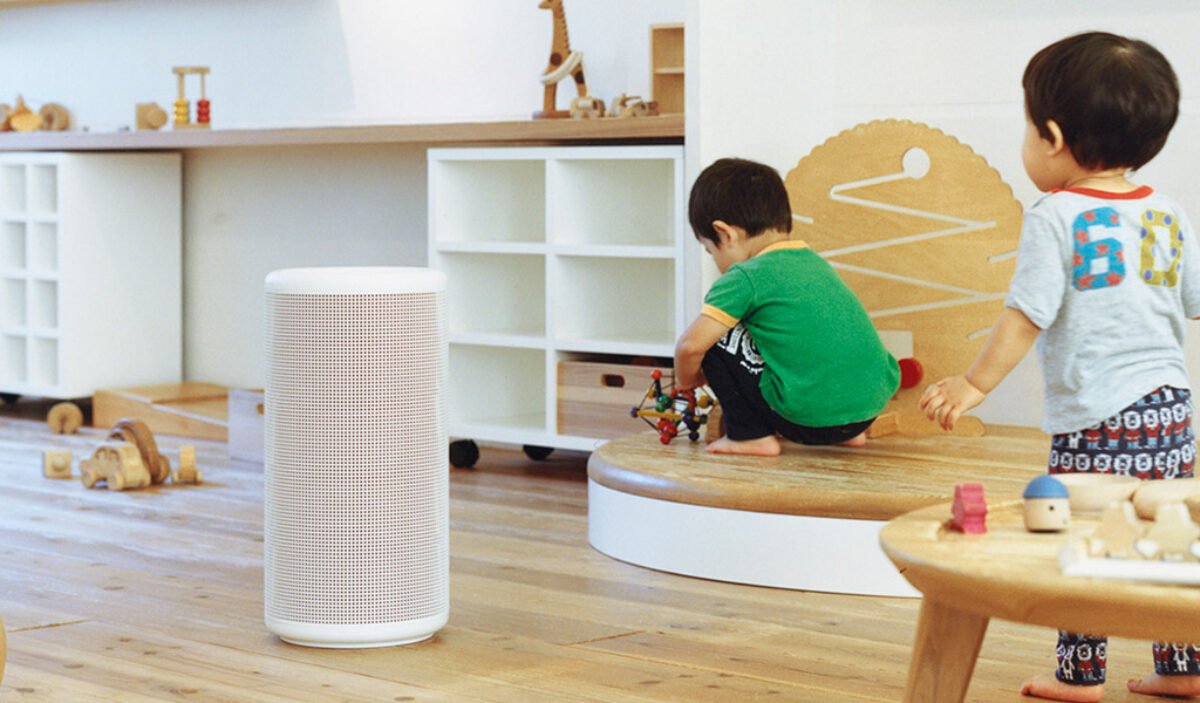If you are raising young kids or you have a newborn, it’s highly advisable to ensure they are breathing clean and quality indoor air as they have a weak immune system. As a parent, two devices that help improve indoor air quality will always come to mind. One is an air purifier and the other one is a humidifier. But which is better to have in your kids’ bedroom or a baby nursery? Air purifier vs humidifier for baby?
In this guide, we shall focus on how air purifier vs humidifier for baby compare to help you make a better buying decision. Both air purifiers and humidifiers will help improve the quality of your indoor air making your baby sleep and breath better but they perform different functions.
Table of Contents
What is the difference between an air purifier and a humidifier?
An air purifier device helps clean indoor air by removing most of the common air pollutants. Air contaminants like dust, pet dander, allergens, smoke, odors, virus, and bacteria are drawn to the air purifier device by a fan and it passes through a series of air filters to trap the air pollutants before releasing the clean air back in the room for re-circulation.
If your problem is air pollution, you can improve the quality of indoor air in your baby’s bedroom or nursery by buying an air purifier. However, if you are struggling with dry air, a humidifier device is what you need.
A humidifier improves the quality of your indoor air by adding moisture to the dry air thus, enabling your baby to breathe better.
How can an air purifier improve the quality of my baby’s air?
If your baby(s) breathes poor quality contaminated indoor air, they will experience frequent respiratory problems like coughing and asthma symptoms due to infection as their immune system is weak.
Buying an air purifier to remove air contaminants like dust, smells, pollen, and pet dander among others ensures your baby breathes clean air in a comfortable and healthy environment.
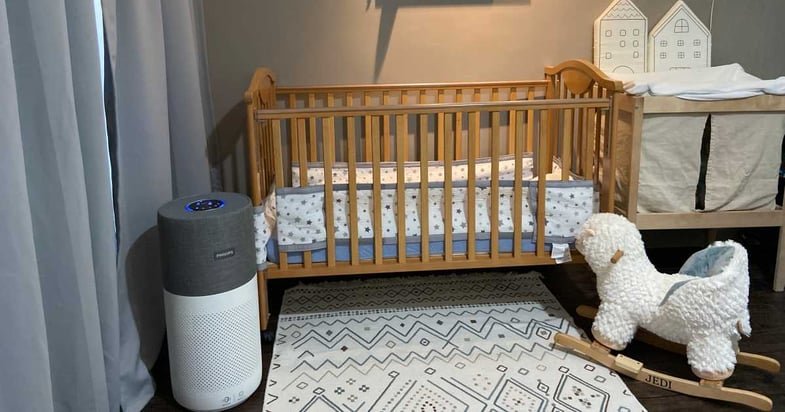
Different types of air purifiers use different air purification technologies to clean indoor air. If your challenge is dust and other indoor air contaminant particulates, a filter-based air purifier like the one fitted with a True HEPA air filter is the most recommended.
Air purifiers with HEPA air filters can trap and remove 99.9% of the most common air contaminants as small as 0.3 microns.
Ultraviolent (UV) air purifiers use UV light to damage the DNA of any living airborne contaminant floating in the indoor air such as viruses and bacteria. Air purifiers with activated-carbon air filters are perfect for removing smoke, odors, and VOCs from your indoor air.
If you want an air purifier that can remove both air pollutant particulates, viruses, and bacteria, ionic air purifier models can do the job although they are not recommended as they pose the risk of releasing ozone in your indoor air.
How can a humidifier improve the quality of my baby’s air?
Dry air is very common during the winter season or in an area with a dry climate. Common symptoms of dry indoor air include; dry skin, nose and throat irritation, dry mouth, and cracked lips. If you have realized that the air inside your baby’s nursery room is dry, the best device to buy is a humidifier to help regulate indoor moisture levels to the required standards.
According to the American Academy of Pediatricians, babies and infants under one year should stay in a room with relative humidity levels of 40% to 60%.
When using a humidifier in your baby’s bedroom or nursery, you need to take serious precautions because it can cause more damage than benefits if not used properly.
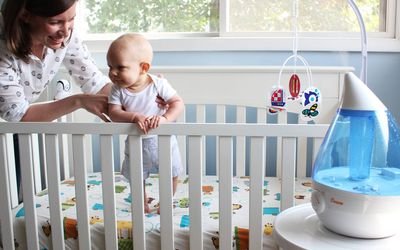
There are different types of humidifiers for baby in the market but the most recommended model to use in a baby nursery is a cold mist humidifier. They increase humidity levels by releasing cool mist in the air which is safer for babies.
Also, always ensure you use distilled water in your humidifier reservoir tank and not tap or well water as it will reduce the risk of dispersing minerals and microorganisms found in water into the indoor air.
Humidifier for baby must be cleaned properly and on a timely basis to ensure it does not encourage the growth of microorganisms which can then be released and spread into your indoor air causing potential health risks.
Pros and cons of using an air purifier for baby
To help you make a better buying decision when choosing between an air purifier vs humidifier for baby, here is a summary of the pros and cons of using an air purifier for a baby.
Pros of using an air purifier in a baby’s room
- Air purifiers clean the indoor air by removing most of the common air pollutants like dust, pollen, pet dander, and odors thus, helping your baby breathe and sleep better.
- UV light air purifiers are effective in removing airborne pathogens like viruses and bacteria from the air.
- Air purifiers come in different sizes from portable models to whole-house air exchangers to maximize ease of use and efficiency when it comes to cleaning indoor air for baby.
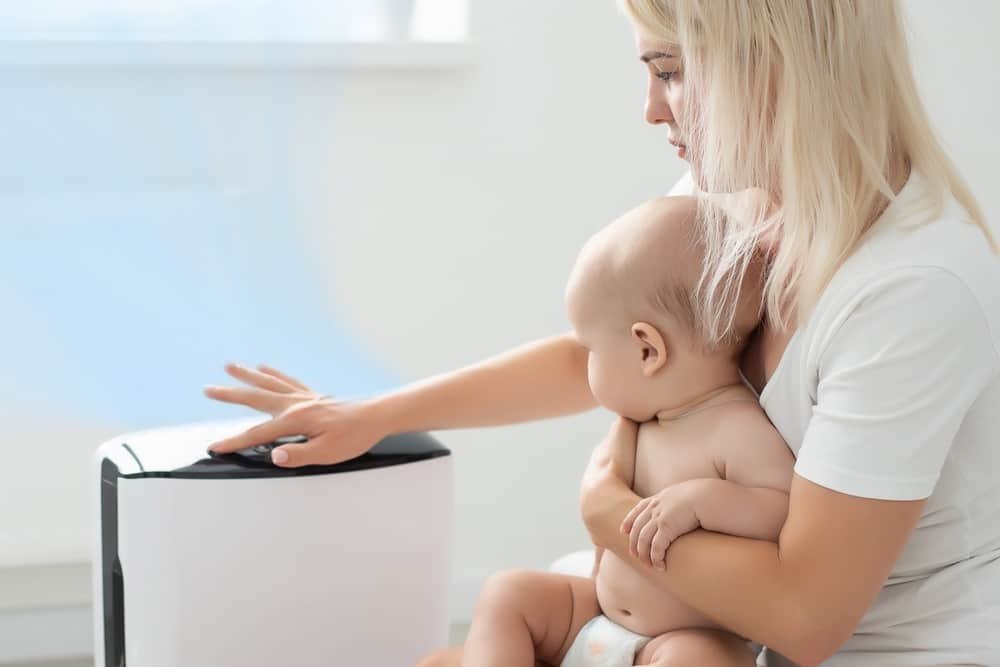
Cons of using an air purifier in a baby’s room
- Different air purifier models use different air purification technologies and you need to determine the specific air contaminants that are prevalent in your home before you can decide which model is the best to buy.
- Filter-based air purifiers like the models using HEPA air filters require regular maintenance since air filters require to be replaced every 3-6 months.
- Ionic air purifiers do not remove air contaminants from the ground or other surfaces in your baby’s room or nursery and they need to be cleaned or vacuumed.
- Ionic air purifiers and the models that use UV light to kill airborne pathogens like viruses and bacteria can also have negative side effects as they have the potential of releasing ozone into the indoor air.
Pros and cons of using a humidifier for baby
When deciding whether to buy a humidifier for your baby, there are some advantages and disadvantages that you need to keep in mind. Below are the common pros and cons that you need to keep in consideration when shopping for a humidifier for your baby.
Pros of using a humidifier in a baby’s room
- Humidifier adds moisture to dry air making your baby breathe better as there are no nose and throat irritations or respiratory congestion.
- A humidifier also makes your baby sleep better and feel comfortable as it reduces the risk of dry skin and cracked lips.
- A humidifier helps maintain the right humidity levels of 40-60% thus, improving the quality of your indoor air to make your home comfortable for your baby and other family members.
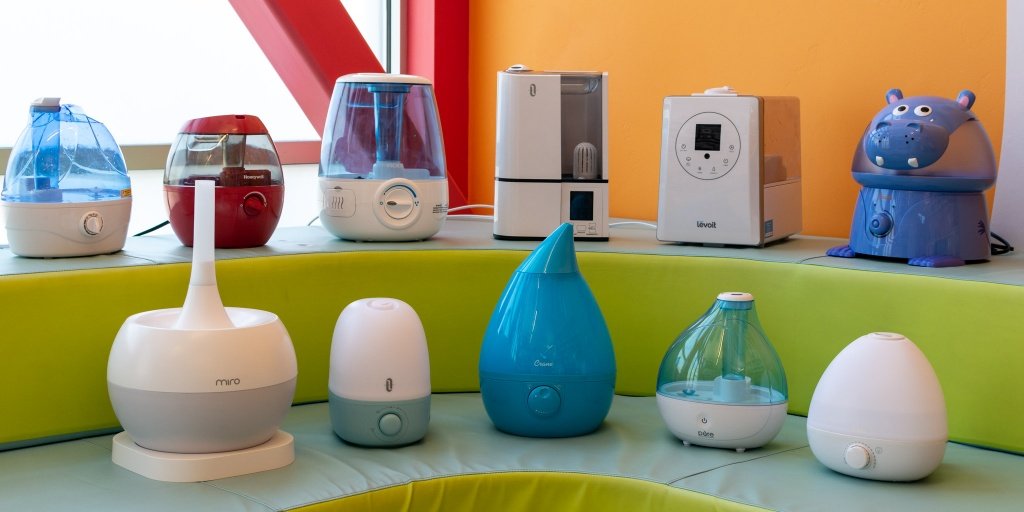
Cons of using a humidifier in a baby’s room
- If a humidifier that you have bought does not have smart control technology and it’s not closely monitored, it can add excess moisture to the indoor air leading to condensation and this can become a health risk to your baby.
- The water tank needs to be refilled with distilled water on a regular basis for optimum performance.
- A humidifier water tank needs to be cleaned regularly to avoid the growth and spread of microorganisms which can turn out to be a health hazard to your baby.
- Some humidifier models tend to make some minimal noise when in operation and this can make your baby uncomfortable.
Factors to consider when buying an air purifier for baby
Type of air purification technology
Different types of air purifiers use different air purification technologies. If you want to eliminate dust particles and other particulates from your indoor air, going for a filter-based air purifier like a HEPA air purifier is the most recommended.
Size
Different air purifier models are designed in different sizes depending on their use and functionality. A portable air purifier is the best to have in your baby’s nursery or bedroom as it’s easy to move and operate. The size of your baby’s room should guide you when buying an air purifier for baby so that you can buy the right size that has the capacity to clean the indoor air optimally.
Factors to consider when buying a humidifier for baby
Just like an air purifier, there are certain important considerations that you need to keep in mind when buying a humidifier for baby. They include;
The size of the humidifier
The size of the nursery room or your kids’ bedroom should help you decide the correct size of a humidifier to buy. Different humidifier sizes have different capabilities and it’s important to read the manufacturer’s specifications keenly to understand their potential and the best size for your needs.
Technology and auto settings
A humidifier with an automatic timer and multiple settings is easy and fun to use compared to one that is not automated. Different modes of operations and settings give you more functionality and you can set it to run automatically when the humidity levels fall below a certain level and switch off automatically when moisture increases to a certain level thus, avoiding any health hazard.
To guarantee your baby’s safety, a humidifier must be used strictly by observing the manufacturer’s manual and it should be placed in an area that is out of reach of your baby when they are sleeping or even playing.
Air purifier vs humidifier; so which is better?
When comparing air purifier vs humidifier for baby, there is no definitive answer to which device is better than the other in terms of improving indoor air quality because it depends on your personal needs. Both air purifiers and humidifiers help improve the quality of indoor air in your baby’s nursery or bedroom but they play different roles.
You should use an air purifier in your baby’s nursery if there is a high presence of common air pollutants such as dust, pollen, bad smells, pet dander, and allergens. If there are symptoms of respiratory illness such as coughing, irritation, allergies, and sneezing, an air purifier device is the best device to buy.
You should use a humidifier in a baby’s nursery if there are signs of dry air, especially during the winter season and you start noticing your baby is suffering from dry skin, nose and throat irritation as well as developing signs of difficulty in breathing.
Air purifier and humidifier combo machines
If you prefer to buy one device that offers both functionalities (cleaning the indoor air and adding moisture to improve the humidity levels), there are various types of air purifiers plus humidifier combo machines in the market. There are different brands of air purifiers with humidifying functions that you can buy on major online stores like Amazon and eBay.
Air Purifier Vs Humidifier for Baby FAQs
Can you use both air purifiers and humidifiers together?
Yes, you can use both air purifiers and humidifiers together in your baby’s nursery room. They help improve indoor air quality but they perform different functions. An air purifier cleans the indoor air by removing air contaminants like dust, pollen, pet dander, viruses, and bacteria while a humidifier helps improve the humidity levels in your indoor air by adding moisture to the recommended standards.
We hope that our resourceful guide on air purifier vs humidifier for baby has helped you have a deeper understanding of how air purifier and humidifiers help improve indoor air quality thus, helping your baby breathe better and sleep comfortably.
